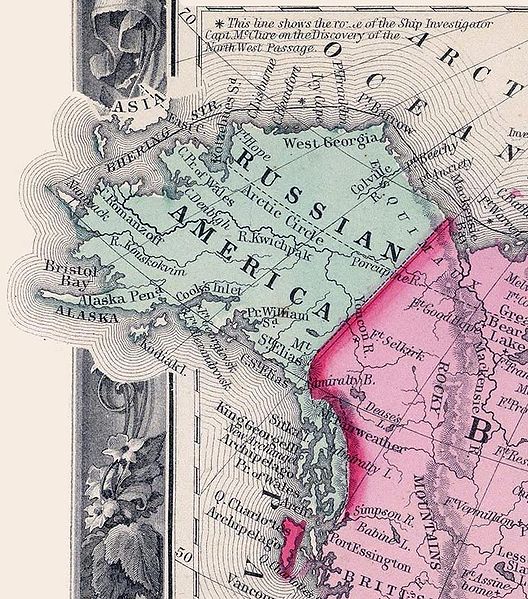245 years ago, some British men in colonial North America formally declared that they no longer wished to be tied to Britain but rather stand on their own as a separate and equally sovereign power. For over a century, new ideas about limited government, government ruled by the people, and government constrained by constitutions had developed on both sides of the Atlantic. For example, in the Five (and later Six) Nations of the Haudenosaunee in Eastern North America; in Ireland, Scotland, England, and Wales in the British Isles in Europe; and in the Polish-Lithuanian Commonwealth in Central and Eastern Europe. With the United States Declaration of Independence, these ideas took on even greater power and effected global change. People and countries all over the world aspire now to be “free.” Below you can follow the link to a transcription of the Declaration. I don’t agree with all of what was said, especially the derogatory reference to indigenous people (some of whom were the source to much of the revolutionary spirit in the first place) and the complaint about Britain instigating slave rebellions (a hypocritical complaint given that the United States was rebelling against a government that it believed was oppressive). Yet the impact of this document cannot be denied, and since its creation and announced people the world over have striven and fought for better and more consistent implementation of the ideas it espouses. Happy Fourth of July to my US readers!
http://www.ushistory.org/declaration/document/

